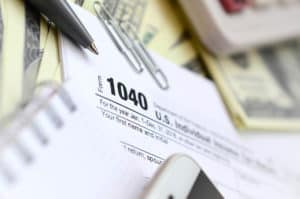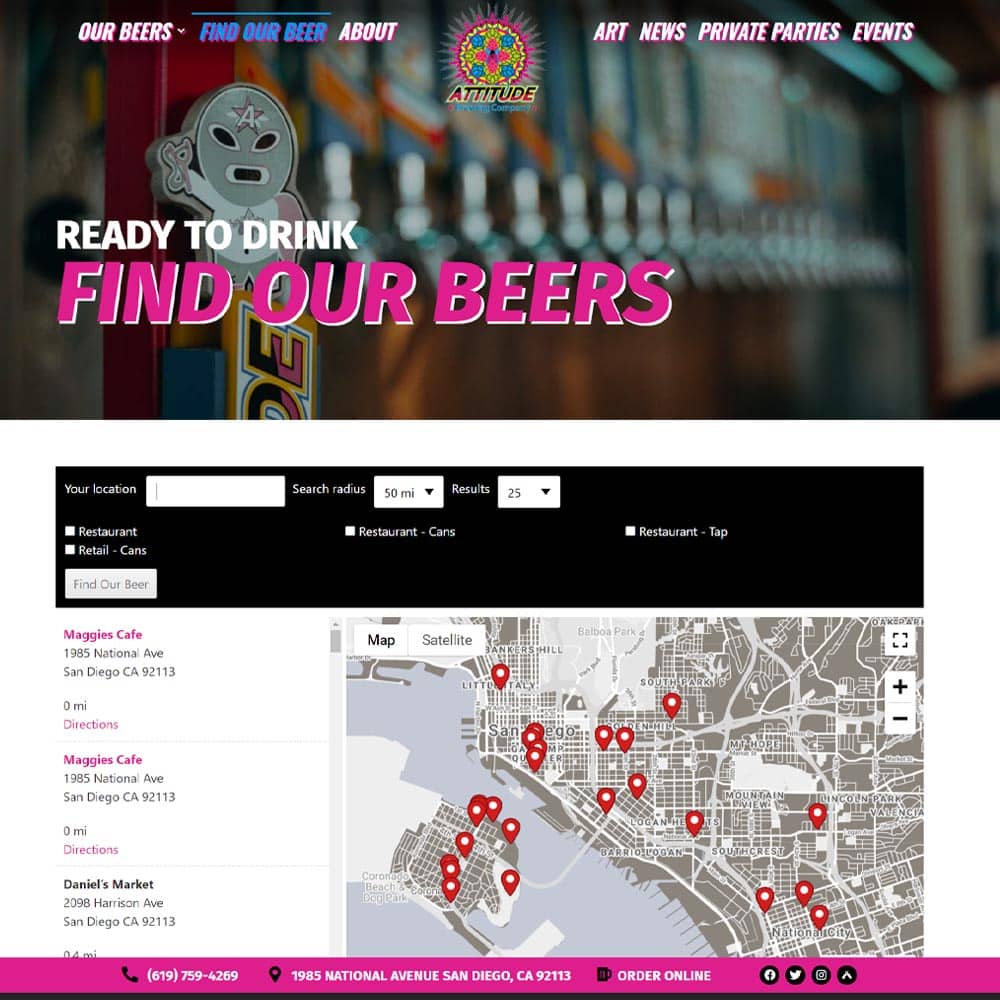Starting a business is an overwhelming task and most business owners need guidance during start-up as well as for the running of their business. The Small Business Administration (SBA) provides valuable information to help start and grow your business. The SBA program provides counseling, training and access to a variety of resources. Although the state and federal governments do not provide grants to start or expand a small business in the United States, there are a vast array of low interest loans and other financing programs as well as informational programs available to help start and grow your small business.
Online Mentoring and Training
Mentoring is available through the Service Corps of Retired Executives (SCORE) and Small Business Development centers. Both services provide a variety of mentoring services including mentoring for women entrepreneurs, young entrepreneurs, veterans, Native Americans and many more specialized groups of entrepreneurs. The small business planner section of the SBA has an excellent start-up guide that contains tutorials for financing, accounting, using technology, taxes, insurance, legal issues and a number of other excellent tutorials to help you get your small business up and running.
Grants
Although the federal government does not directly provide grants for a small business, there is a lengthy list of agencies and organizations that are funded by the government and can provide grants to those who qualify. It is important to keep in mind that for as many legitimate grant providers, there are as many small business scams so it is important that you verify the legitimacy of the agency offering grant funds. The easiest way to be sure you are applying to a legitimate organization is to contact providers recommended on Grants.gov or the Small Business Administration website.
Small Business Loans
The largest financial backer for >small businesses is the United States Small Business Administration. The primary role of the SBA is assisting small business owners start and/or expand their business by helping them get loans through financial institutions and private banks. The SBA is not a lender, but it is a guarantor of loans provided by financial institutions that have agreed to follow the guidelines set forth by the SBA. To apply for a loan through the SBA, you will go through a local participating financial institute or private bank. The application is similar to those for a commercial loan and is structured according to the requirements of the SBA. The SBA guaranty is a portion of the loan that the SBA guarantees to repay the lender should you default on the loan payments.
Eligibility for grants and loans vary, but there are hundreds of financial assistance programs and resources available for entrepreneurs and small businesses. Regardless of how lengthy the applications may be, always be through and complete in your responses to the questions asked, remember the end result will benefit your business. Although the process is tedious and time consuming, it is important to stay optimistic. Be patient, diligent, persistent and consistent and your quest to be a small business owner can be achieved.







